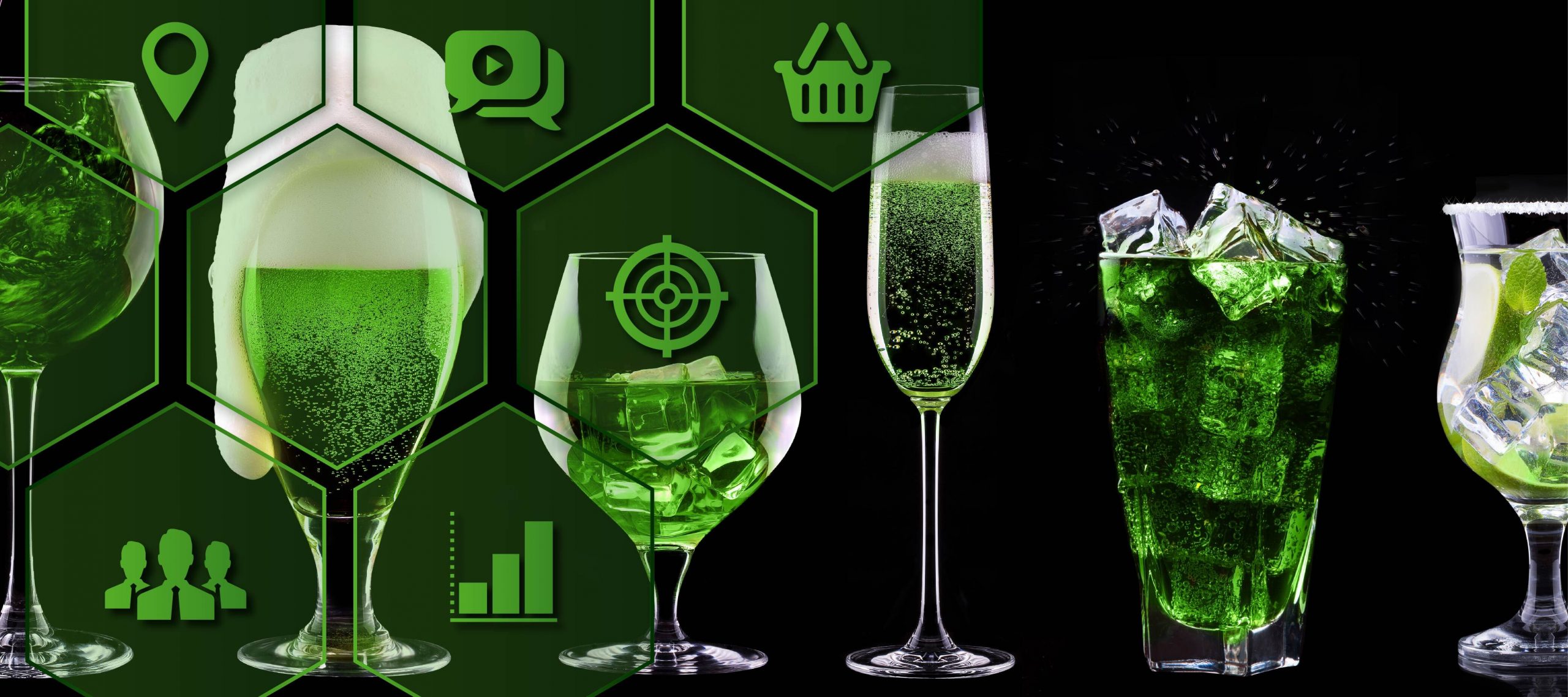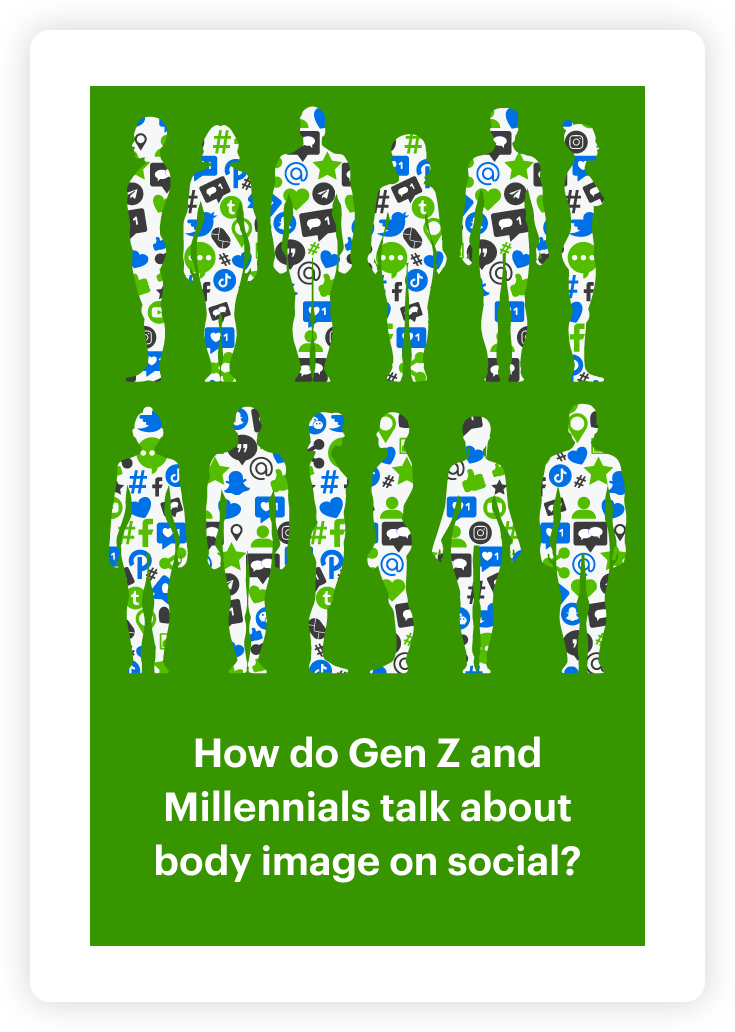Uncovering US and UK attitudes to drinking using social media text analytics

With Thanksgiving in the rearview mirror, the holiday season is well and truly underway. The beginning of festivities naturally leads to an uptick in alcohol consumption.
A study by hangover brand Morning Recovery estimates that Americans double their alcohol intake between Thanksgiving and the new year, while the Distilled Spirits Council of the United States estimates that this period is responsible for 25% of its members’ profits.
Drinks brands need to get their messaging on point to tap into heightened demand over the next few weeks. To find out what this entails, we turned to social media text analytics – comparing US and UK attitudes to drinking.
We began by using a social listening tool to gather tweets about drinking from consumers in both countries. Then, we uploaded this data to our text analytics platform. Relative Insight uses comparative text analysis to detect the differences between two text data sets. In this example, our software highlighted that Britons and Americans talk about alcohol consumption extremely differently, offering interesting insights to drinks brands looking to resonate in each market.
Brits showcase where they’re drinking; Americans talk about themselves
The first variation surfaced by our geographic comparison of US and UK attitudes to drinking was the nature of each group’s drinking discussions.
Americans put themselves and their actions at the center of conversations. They’re 1.7x more likely to use the word ‘I’ and use ‘I’m’ or ‘Im’ 4.5x more. While they may or may not be drinking with others, discussions always revert to what they themselves are doing/did, what they are drinking or how drunk they are/were.
“Why was I so drunk earlier? I called Little Caesars and ordered a pizza bruh.“
In contrast, Britons were more interested in talking about locations. They were 1.8x more likely to talk about geographic locations such as ‘Leeds’, ‘Cardiff’ and ‘Edinburgh’ and 1.7x more likely to highlight certain places, like ‘town’, ‘city’ and ‘local’. The phrase ‘local pub’ also overindexed in British conversations, highlighting that where drinking occurs is important to them.
“Remembering the days where our girls’ Christmas night out would be glittery dresses, shots, high heels & dancing. This year it’s a turkey dinner by the fire in our local pub, carefully chosen so it’s not too loud and we can hear each other 😂 😂 #gettingold“
What constitutes drinking ‘success’ for Americans and Britons?
Our social media text analytics of US and UK attitudes to drinking unearthed that each demographic has different purposes for drinking.
For Brits, it’s all about having a ‘proper’ time. They were 11.8x more likely to use this word when talking about drinking, while they also used the phrase ‘proper night’ 19.6x more.
However, there’s no one single definition for what a ‘proper’ night entails, with different tweeters highlighting a variety of elements which make a night successful for them.
“It’s not a proper night out unless you get cut in half.“
“First proper night out in a loooong time whew I am not built for it anymore… great time tho. Mixed success on the cocktails… sore results in the morning tho!“
Americans had one goal when drinking: get drunk. Rather than an accompaniment to a good night, Americans were more likely to state that they’re drinking to get intoxicated.
They were much more likely to use phrases to this effect, including ‘wanna get drunk’ (23.5x), ‘let’s get drunk’ (6.7x) and ‘finna get drunk’ (infinitely more). They were also more likely to use slang in this context, with the words ‘tryna’ and ‘wanna’ indexing 14.8x and 11.7x more, respectively.
“I wanna get drunk so bad, I can’t wait to clock out tomorrow.“
Emojis versus price discussions
Americans were also more likely to use emojis when they talked about their drinking habits. However, these had different meanings and context depending on the user.
For example, Americans used 😭 3.5x more, but not necessarily to express sadness (or dissatisfaction with the inevitable hangover). They were also 8.2x more likely to use 😭 😭 😭 and used 😩 7.0x more – again in a variety of contexts.
“I’m finna… get drunk 😭”
“We’re so drunk y’all 😭 had a real heart to heart moment.“
Brits were more concerned about the cost of drinking. They were 2.4x more likely to use words relating to money and prices, such as ‘paying’, ‘costs’ and individual prices (e.g. ‘£20’). UK drinkers also used the word ‘afford’ 4.3x more, demonstrating that the cost of alcohol factors into their drinking thinking.
“Honestly, I don’t know how people can afford to get drunk in places like this.“
Uncovering insights around drinking using text data
Through social media text analytics, we’ve distinguished US and UK attitudes to drinking. Their distinct attitudes to alcohol demonstrate why brands can’t use one-size-fits-all messaging.
Based on our insights, drinks companies need to be savvy with their messaging to US audiences. Clearly, messaging which boasts about how drunk they can get consuming drinks is inappropriate. However, brands which can tactfully communicate that drinking just enough of their beverage will create great experiences will resonate. Incorporating emojis and using language emphasizing the individual, rather than group drinking, will also appeal to US drinkers.
Brits meanwhile are more interested in where their drinking takes place, and want it to be a ‘proper’ experience. Incorporating these elements into any messaging will attract their attention. They’re also more price-conscious, and therefore more likely to respond favorably to promotions.
And this analysis of US and UK attitudes to drinking is just one example. It’s not just drinks brands that can uncover how consumer attitudes vary due to geography by using text analysis. Relative Insight’s text analytics software helps companies in all industries interrogate unstructured data to differentiate between cultural differences in different markets – and tailor their activity accordingly. Find out how we can help you by speaking to one of our team.
